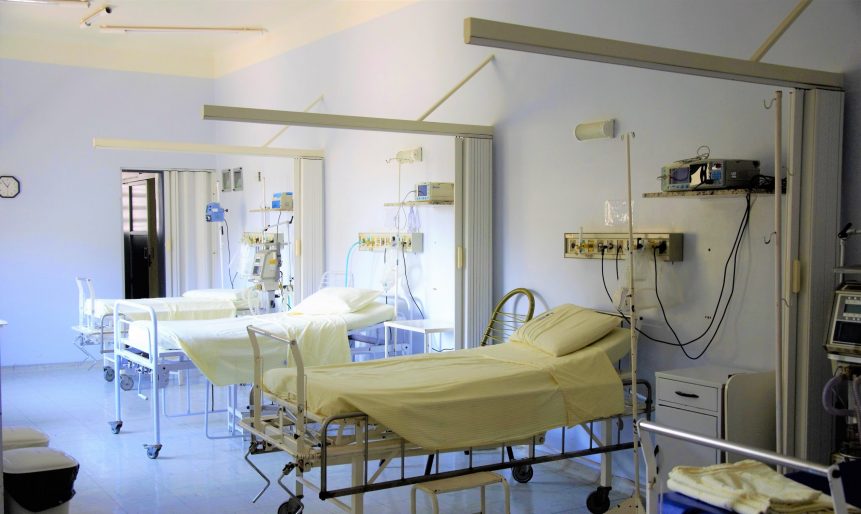Frontline cleaning and maintenance staff are increasingly being hailed in some corners for their essential work during the COVID-19 pandemic. However, it appears that recognition is not necessarily being felt by certain housekeepers and related staff.
A recent study published in the American Journal of Infection suggests that hospital environmental service staff, who are often charged with bolstering disinfection and reducing contact transmission, feel they provide little value to their workplaces.
The study found that environmental service workers (ESWs) are not trained as well as they should be and see themselves as having low social status in comparison to other workers, despite acknowledgment of how important their work is.
The assessment was conducted by investigators from Clemson University in South Carolina. It aimed to review and identify factors associated with the disinfection practices of housekeepers and ESWs in healthcare settings and found that such staff face numerous barriers in performing their jobs.
Those barriers apparently include high work demands, “us vs. them” attitudes, interruptions, perceptions of low status or value, and a lack of communication. Investigators determined that these could be improved through advanced training on cleaning and disinfection practices.
“To sustain improvements in disinfection practices, education/training sessions need to be continuous,” the study states. “The long-term commitment of an organization is also essential for continuous improvement in disinfection outcomes. While knowledge transfer is critical for behaviour change, education/training also needs to focus on the skills and perceptions of environmental service workers.”
The study further notes that this training should ideally focus on organizational and work environment elements as well as intra- and inter-personal skills, such as leadership, self-management, conflict resolution, communication, and emotional intelligence.
Training methods suggested include presentations, instruction booklets, photographs, checklists, and online education, focusing on topics like the importance of environmental disinfection, disinfecting frequently touched objects, and transmission of healthcare-associated pathogens and infections.
Investigators noted that a major focus should be on how pathogens can spread in hospital environments and what procedures housekeepers and ESWs can implement to prevent the spread.
“Opportunities for providing feedback during the intervention was reported as a motivational strategy in many studies to improve performance,” the study states.
“Even with the ongoing COVID-19 pandemic highlighting disease transmission in healthcare facilities, environmental services is still an occupation that receives little attention in society and carries low occupational prestige in the United States,” it concluded. “Many ESWs are immigrants, people of colour, and receive low wages. The reviewed studies identified many ESWs who feel limited respect, appreciation, or positive feedback at work, yet ESWs consistently identified the need to do the job well. They are concerned about patient safety, which forces them to do a good job even if it takes too much time and they are possibly underappreciated.”








